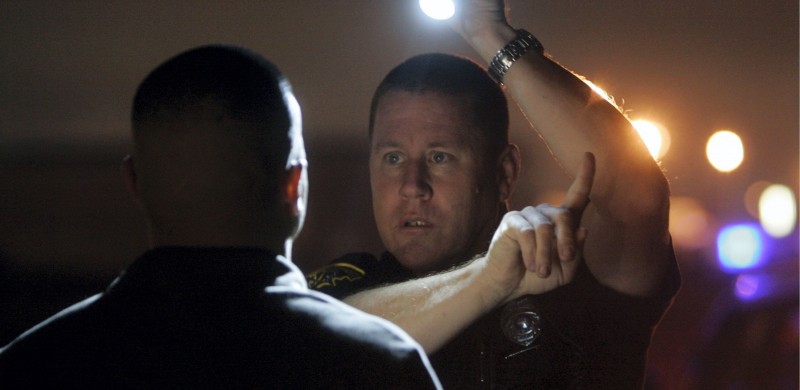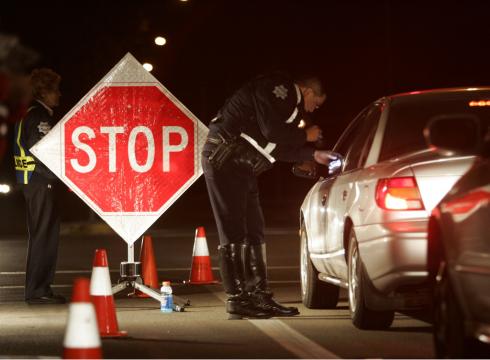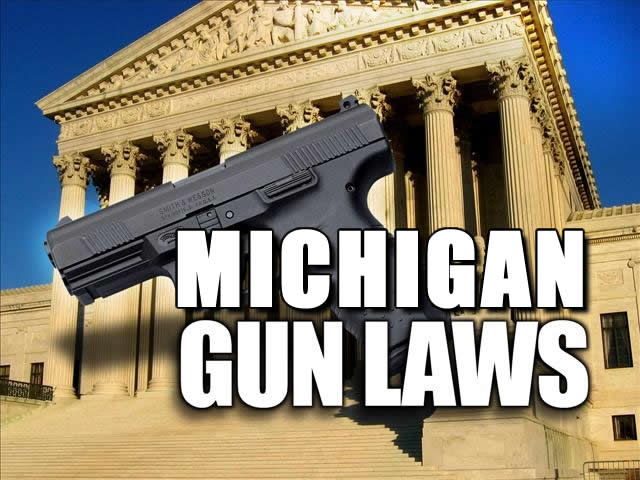Effective February 13, 2024
On February 6, 2024, the Michigan Supreme Court issued ADM File No. 2023-24, which adopts amendments to MCR 3.701 and the addition of MCR 3.715, .716, .717, .718, .719, .720, .721, and .722, effective February 13, 2024.
These changes follow the creation of the Extreme Risk Protection Order Act and amendments to the Firearms Act, the Code of Criminal Procedure, and the Revised Judicature Act in May of 2023.
- MCR 3.715 Definitions. Several terms are defined within this rule, including “complaint,” “existing action,” “minor,” “petitioner,” and “respondent.” In addition, MCR 3.715 indicates that the terms “dating relationship,” “possession or control,” “family member,” “guardian,” “health care provider,” “law enforcement agency,” and “law enforcement officer,” mean those terms as defined in MCL 691.1803.
- MCR 3.716 Commencing an Extreme Risk Protection Action. An extreme risk protection action is an independent action commenced by filing a complaint with the family division of the circuit court. A complaint may be filed regardless of whether the respondent owns or possesses a firearm and must be prepared on a form approved by the State Court Administrative Office and submitted with the complaint. An extreme risk protection action may only be commenced by
- the spouse or former spouse of the respondent;
- an individual who has a child in common with, has or has had a dating relationship with, or resides or has resided in the same household as the respondent;
- a family member;
- a guardian of the respondent;
- a law enforcement officer; or
- a health care provider, under certain circumstances.
MCR 3.716 also details requirements for the complaint, a complaint against a minor, and venue.
- MCR 3.717 Dismissals. Except as otherwise specified in the rules, an action for an extreme risk protection order (ERPO) may only be dismissed upon motion by the petitioner prior to the issuance of an order.
- MCR 3.718 Issuing Extreme Risk Protection Orders. Except as otherwise provided in the rule, the court must rule on a request for an ex parte order within one business day of the filing date of the complaint and must expedite and give priority to ruling on a request for an ex parte order. MCR 3.718 also specifies the factual requirements for granting an ex parte order as well as the procedures for immediate emergency ex parte orders, an anticipatory search warrant, and hearings. The court must expedite and give priority to hearings required by the extreme risk protection act and must schedule a hearing for the issuance of an ERPO under certain circumstances detailed in the rule.
- MCR 3.719 Orders. This rule details the form and scope of an order and stipulates the respondent’s response requirements, along with restrictions on concealed weapons and the process for surrendering firearms. Service, notice, and clerk of the court responsibilities are also covered in MCR 3.719.
- MCR 3.720 Modification, Termination, or Extension of Order. The petitioner may file a motion to modify or terminate the ERPO and request a hearing after the order is issued. The respondent may file one motion to modify or terminate an ERPO during the first six months that the order is in effect and one motion during the second six months that the order is in effect.
- MCR 3.721 Contempt Proceedings for Violation of Extreme Risk. In general, an ERPO is enforceable under MCL 691.1810(4)–(5), 691.1815(4), and 691.1819(4). MCR 3.721 outlines the guidelines for motions to show cause, service, search warrants, arraignment, pleas of guilty, scheduling or postponing hearings, prosecution after arrest, and violation hearings.
- MCR 3.722 Appeals. Appeals must generally comply with subchapter 7.200. Either party has an appeal of right from
- an order granting, denying, or continuing an ERPO after a hearing under MCR 3.718(D); or
- an order granting or denying an extended ERPO after a hearing under MCR 3.720(B).
The respondent has an appeal of right from a judgment of sentence for criminal contempt entered after a contested hearing.
The respondent has the lawful right to appeal a judgment of sentence for criminal contempt entered following a contested hearing.
Chief Justice Clement concurred with the proposed adoption of the ERPO court rules, but she wrote separately to address her concerns regarding inconsistent legal terminology used in the Extreme Risk Protection Order Act..
Among other linguistic inconsistencies, she emphasized that the Act “requires an individual to file “a summons and complaint” to initiate an ERPO action” but the nature of ERPO actions is consistent with that of a petition—not a complaint.
The Michigan Supreme Court has developed a range of SCAO forms aligned with the ERPO, showcasing their commitment to effective legal documentation.:
See the Court’s February 7, 2023 memorandum for more info.
Court Form Information
https://www.courts.michigan.gov/4908b5/siteassets/forms/scao-approved/recent-revisions/eoc_erpo.pdf
Related Articles
No Results Found
The page you requested could not be found. Try refining your search, or use the navigation above to locate the post.
More Posts

Arrests for DUI’s on the Rise
By Michael Komorn Arrests for DUI’s have been on the rise across Michigan. This trend could drastically increase as The National Transportation Safety Board (NTSB) has...

US District Court Judge rules police cannot enter a car without a warrant to facilitate a drug dog sniff
Federal Judge Applies GPS Ruling To Drug Dog Traffic Stop By Michael Komorn Last week, a judge with the US District Court for the Southern District of West Virginia...

Drug Checkpoints: Unconstitutional
By Michael Komorn The Supreme Court ruled in City of Indianapolis V. Edmund that drug check points are unconstitutional. So what happens when you see one on the...

Knowing When to Exercise Your Rights
Remember, even if you are doing nothing wrong, there are a number of different outcomes that can occur from a police encounter. The short list includes: 1) No action,...

Why Police Lie Under Oath
Thousands of people plead guilty to crimes every year in the United States because they know that the odds of a jury’s believing their word over a police officer’s are...

What Did I Just Get Charged With?
Below is a list of common drug offenses as defined by the State of Michigan. If it is your second offense, it is important you read statute 333.7413 below. 333.7413...









